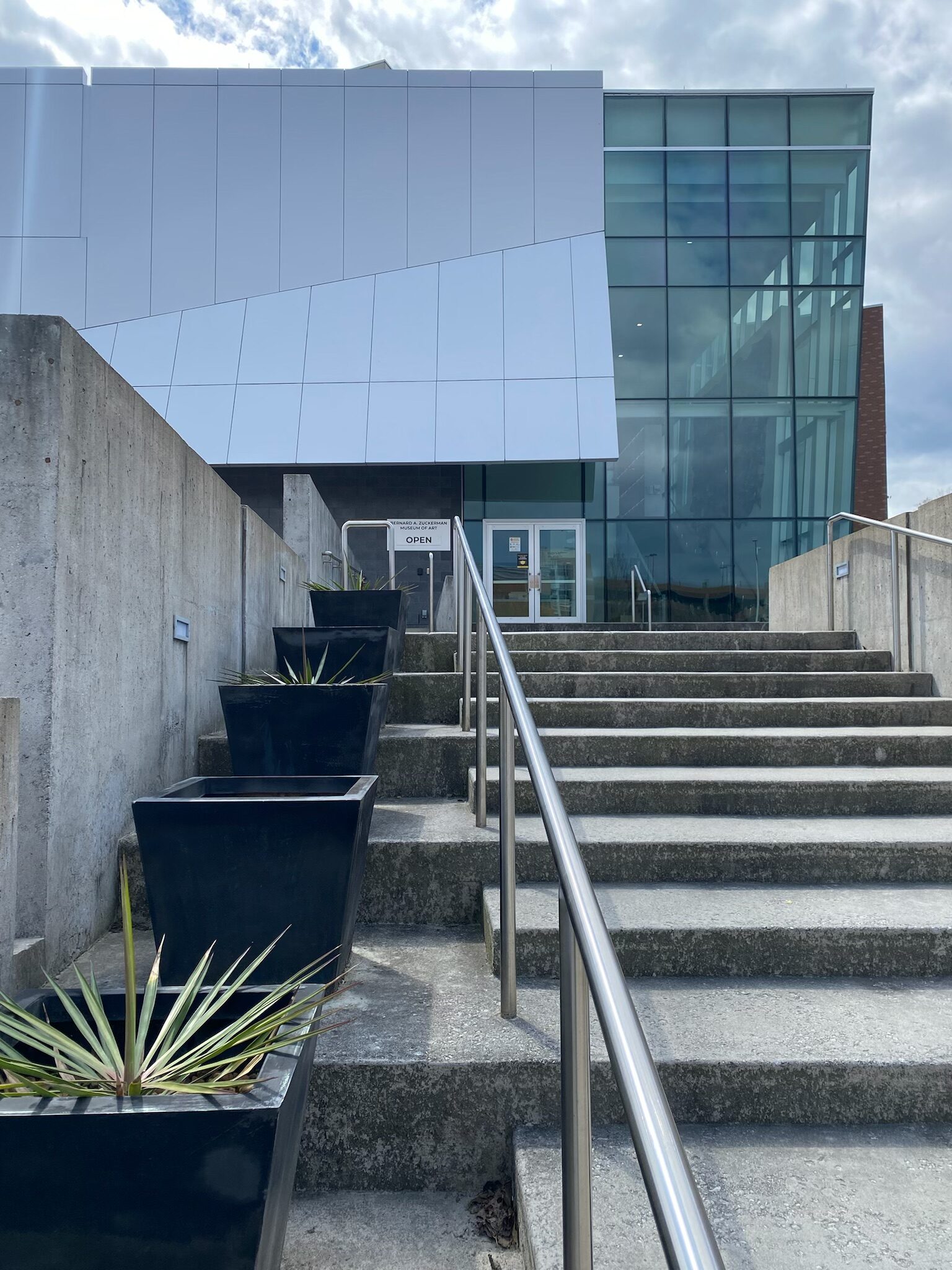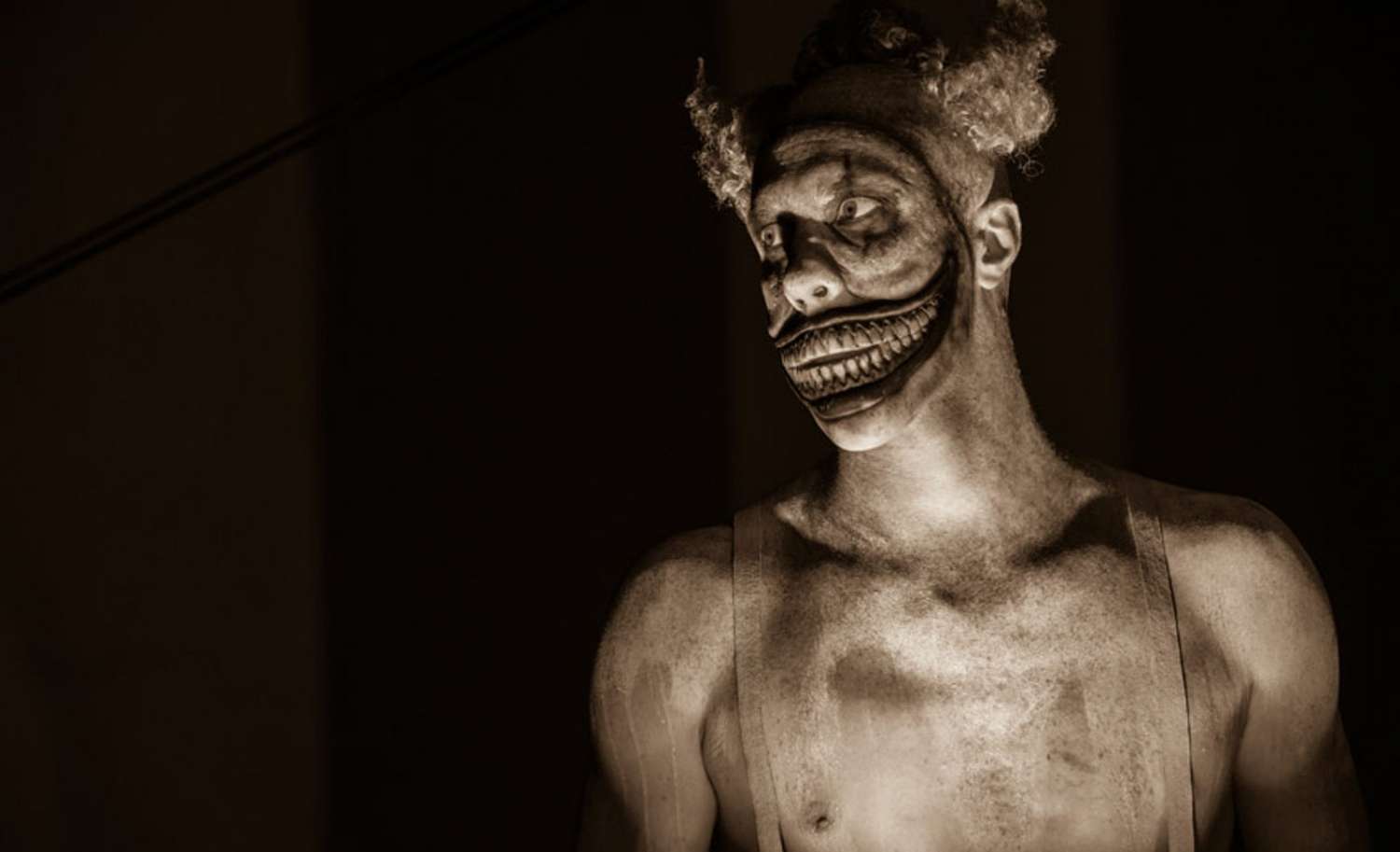Jimmy Pardo is one of the most influential stand-ups in modern comedy. Pardo was one of the first comedians to ever try podcasting, and because
of the success of “Never Not Funny,” almost every working comedian has created a show in an attempt to cultivate a similar following. For Pardo, his path
to stand-up began as a child.
He was introduced to comedy by his mother, Elaine Pardo, in Chicago.
“Growing up, my mother and stepfather had a love of comedy,” Pardo said. “My mom would let me stay up every
night long enough to watch Carson’s monologue and if someone was on like Steve Martin or Robert Cline, my mom would let me stay up and watch the entire episode so I could see the comic.”
This early influence helped Pardo discover a natural talent for performing in front of an audience. After he graduated from high school, Pardo enrolled into the prestigious American Academy of Dramatic Arts in Los Angeles, California. This is the same institution where Grace Kelly, Don Rickles, Robert Redford, Anne Hathaway
and Danny DeVito attended. “I thought I was going to be
an actor and as I was getting older I realized my talents were in making people laugh and I had a love of stand-up.,” Pardo said of his early college years.
“I realized at the academy that I (was) a really good comedic actor, but more importantly, I was funny as a person. I figured that (stand-up) was the path to pursue.”
Pardo moved back to Chicago to see how to pursue comedy. As a day job he managed a record store and every Saturday a young comedian named
Bob Odenkirk would look around the shop. Odenkirk went on to create “Mr.Show” with comedian David Cross for HBO and the sketch comedy series still remains as one of the most important programs for alternative comedy.
“Bob would come in and buy records and that turned into- for whatever reason- he’d come in every Saturday morning and
we would just talk for an hour or two,” Pardo said of his first meetings with Odenkirk. “We’d make each other laugh and we enjoyed each other’s company and then eventually he said ‘You’re the funniest guy I’ve ever met! You should do comedy!’” Pardo said.
Pardo decided to check out the open mic that Odenkirk’s friend ran managed and ran into Bill Less, a friend from high school who was performing that night. Less asked Pardo if he was performing and when Pardo said no, Less told Pardo that he should be doing stand- up more than anybody.
“To hear these two guys who were working as comedians tell me ‘you should be doing this’ that was enough for me to start hitting the open mics and start, quite frankly, start failing in order to get better,.” Pardo said.
In order for a stand-up comedian to be great, they have to fail onstage and learn from their experience. This failure is what keeps most people from ever pursuing stand-up and
for good reason. Why would anyone willingly want to go in front of a group of strangers knowing they are likely to be rewarded by silence instead
of laughter?
“It’s not really intimidating as much as it is invigorating,” Pardo said explaining his philosophy on making people laugh.
“I always say that if you have funny in your bones and (comedy) is something you have to do then you put up with the bombing. Nobody likes bombing but it’s all life lessons.” Yeah, it sucks and it hurts your feelings. It’s basically a room full of people telling you ‘Nope! Not interested!’… and then the next night you get up and it’s great,.” Parto went on to say.
After about four years of what Pardo describes as his “growing pains.” he found his voice and soon became an established
stand-up comedian by earning roles on television shows in between tours to promote
his comedy albums. For the next few years, stand-up as a business struggled financially and comedy clubs started shutting down. Stand-ups everywhere began looking for
a new way to find audiences when they were not coming out to shows.
Pardo discovered the power of podcasts through Matt Belknap,producer and co-host of “Never Not Funny.”Together they decided to try a weekly comedy show that would feature guest comedians and improv sketches. Other than Ricky Gervais’ podcast, a comedy podcast had not really been tested on an American audience.
“Matt Belknap asked me if I wanted to do a podcast and said it was a great way to utilize my talents by improvising, interviewing and being funny with a group of people. I thought ‘Well, I’m not doing anything on TV right now’ so I tried it.
“For two years I’d ask (comedians) if they wanted to be a guest and they didn’t know what the hell I was talking about. And then the comedy podcast boom happened. I think nine out of ten of my guests now have their own podcasts.
“It’s changed because when I go to cities now, the audience is full of Never Not Funny fans. That makes all the difference
to a stand-up comedian. Whenever an audience comes to see you, you know you can take some chances and liberties. I cultivated this weird little niche.”
Jimmy Pardo is not only responsible for the comedy podcast boom that started in 2008 but also a direct reason for the stand-up revival that is happening today. Audiences are being introduced to comedians through smartphones and crowds are coming out to comedy clubs again.
Pardo has four upcoming shows at Atlanta’s Laughing Skull Lounge Friday Sept. 14 8:00 and 10:30 p.m. and Saturday Sept. 15 8:00 and 10:30 p.m.. “Never Not Funny” is on iTunes and follow
Pardo is also on Twitter @ NeverNotFunny.


